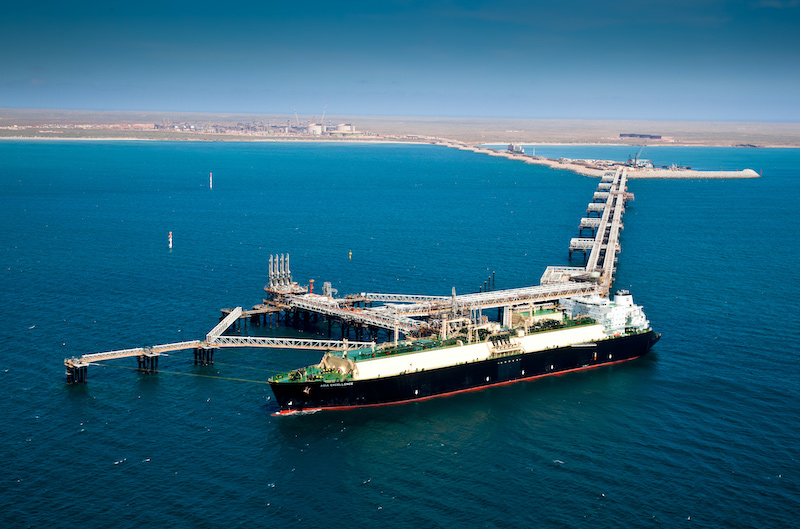German Green Group Files Complaint Seeking Shorter LNG Terminal License
(Reuters) — A German environmental group has lodged a complaint calling for the operating license of a new floating LNG terminal at Wilhelmshaven to be shortened by a decade, citing its discharging of chlorine and risks to Germany's climate targets.
Germany plans to use so-called Floating Storage and Regasification Unit (FSRUs) to import LNG as it weans itself off of piped Russian gas.
The group, Deutsche Umwelthilfe (DUH), said in a complaint to the commercial regulator in the state of Lower Saxony that the license for the unit at Wilhelmshaven should end in 2032, not 2042.
"It must be clear that compliance with the Paris climate agreement is non-negotiable. The lifespan of the LNG terminal must be limited to a maximum of 10 years," said DUH Managing Director Sascha Mueller-Kraenner.
The DUH objects to the discharge of large quantities of environmentally harmful chlorine, used for cleaning on the Hoegh Esperanza FSRU operated by Uniper.
The economy ministry has taken note of the challenge, a spokesperson said on Wednesday at a regular news conference in Berlin, adding that any decision was "a matter for the relevant local authorities".
The FSRU, chartered by the German government, was put into operation in the North Sea port in December and can hold around 165,000 cubic meters of LNG.
It is one of several which Germany plans to use to replace Russian gas supply in the wake of Moscow's invasion of Ukraine last February.
The complaint, which comes as police started clearing protesters opposed to the expansion of an opencast lignite mine, underscores growing tensions over Berlin's climate policy.
Environmentalists say climate goals are being neglected during an energy crisis caused by Russia's invasion of Ukraine, forcing a return to dirtier fuels.
"There must be no environmental discounts when approving plants for liquefied natural gas," the DUH's Mueller-Kraenner said, adding that numerous permanent licenses for fossil fuel projects would jeopardise Germany's climate goals.
Related News
Related News

- Kinder Morgan Proposes 290-Mile Gas Pipeline Expansion Spanning Three States
- Enbridge Plans 86-Mile Pipeline Expansion, Bringing 850 Workers to Northern B.C.
- Intensity, Rainbow Energy to Build 344-Mile Gas Pipeline Across North Dakota
- U.S. Moves to Block Enterprise Products’ Exports to China Over Security Risk
- Court Ruling Allows MVP’s $500 Million Southgate Pipeline Extension to Proceed
- U.S. Pipeline Expansion to Add 99 Bcf/d, Mostly for LNG Export, Report Finds
- A Systematic Approach To Ensuring Pipeline Integrity
- 275-Mile Texas-to-Oklahoma Gas Pipeline Enters Open Season
- LNG Canada Start-Up Fails to Lift Gas Prices Amid Supply Glut
- TC Energy’s North Baja Pipeline Expansion Brings Mexico Closer to LNG Exports





Comments